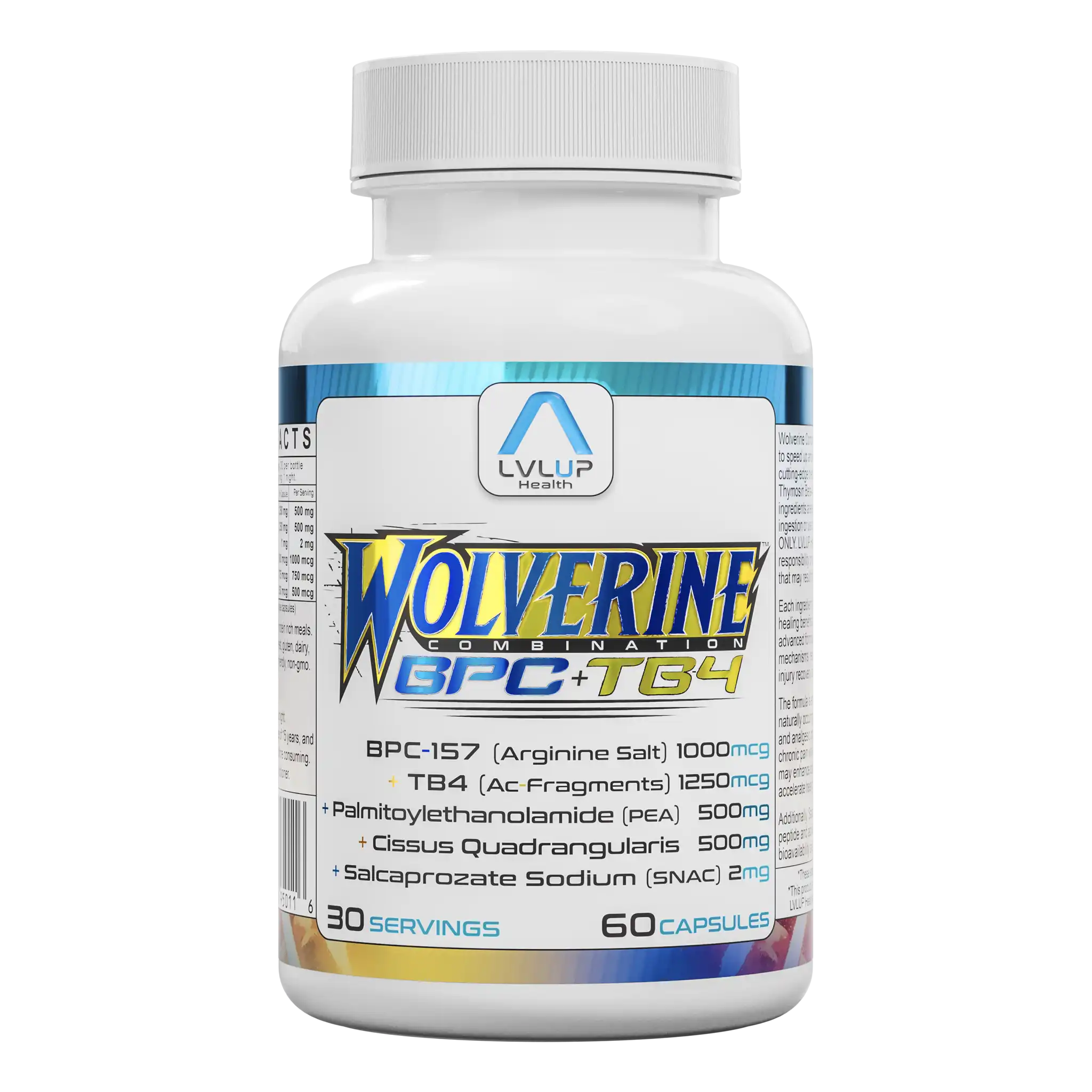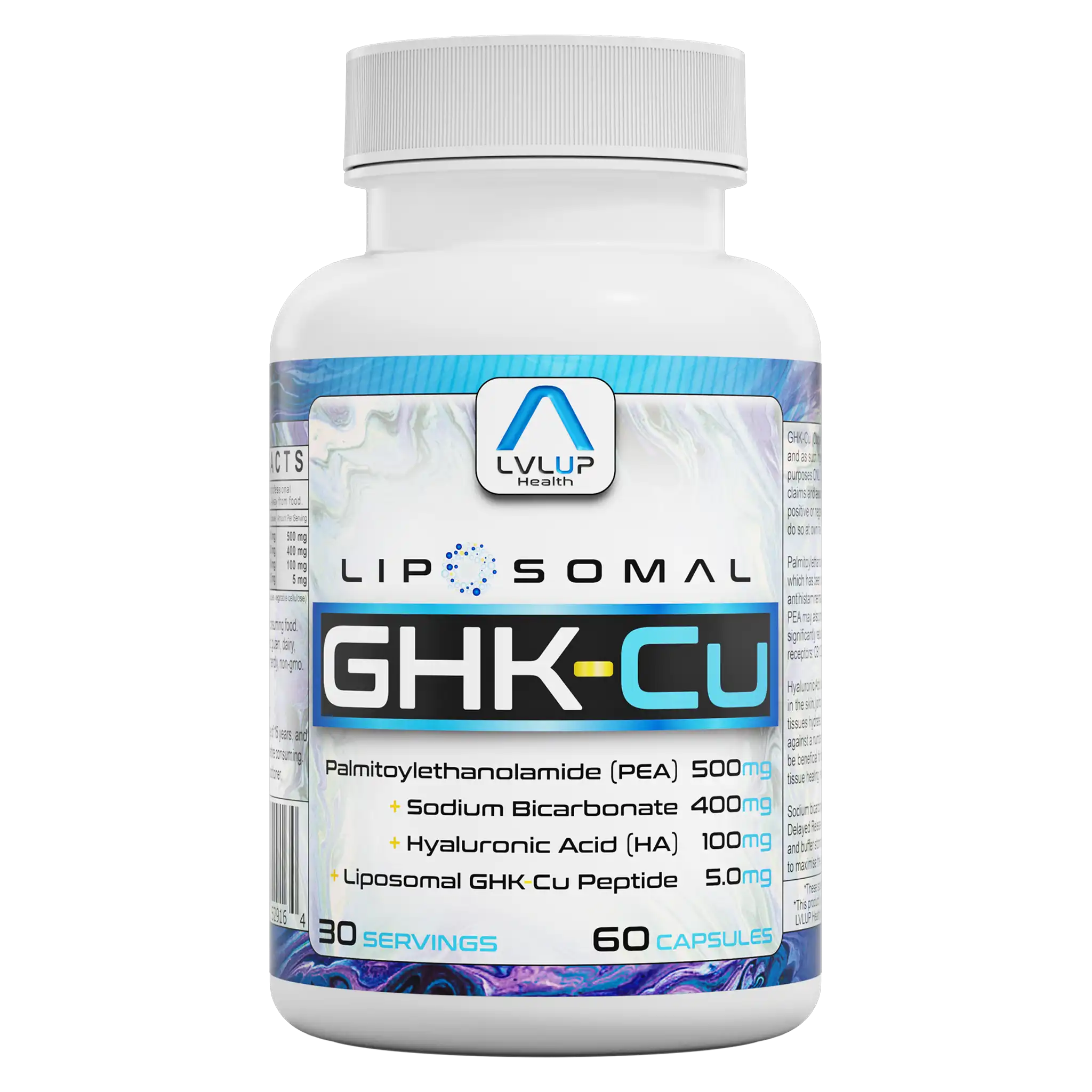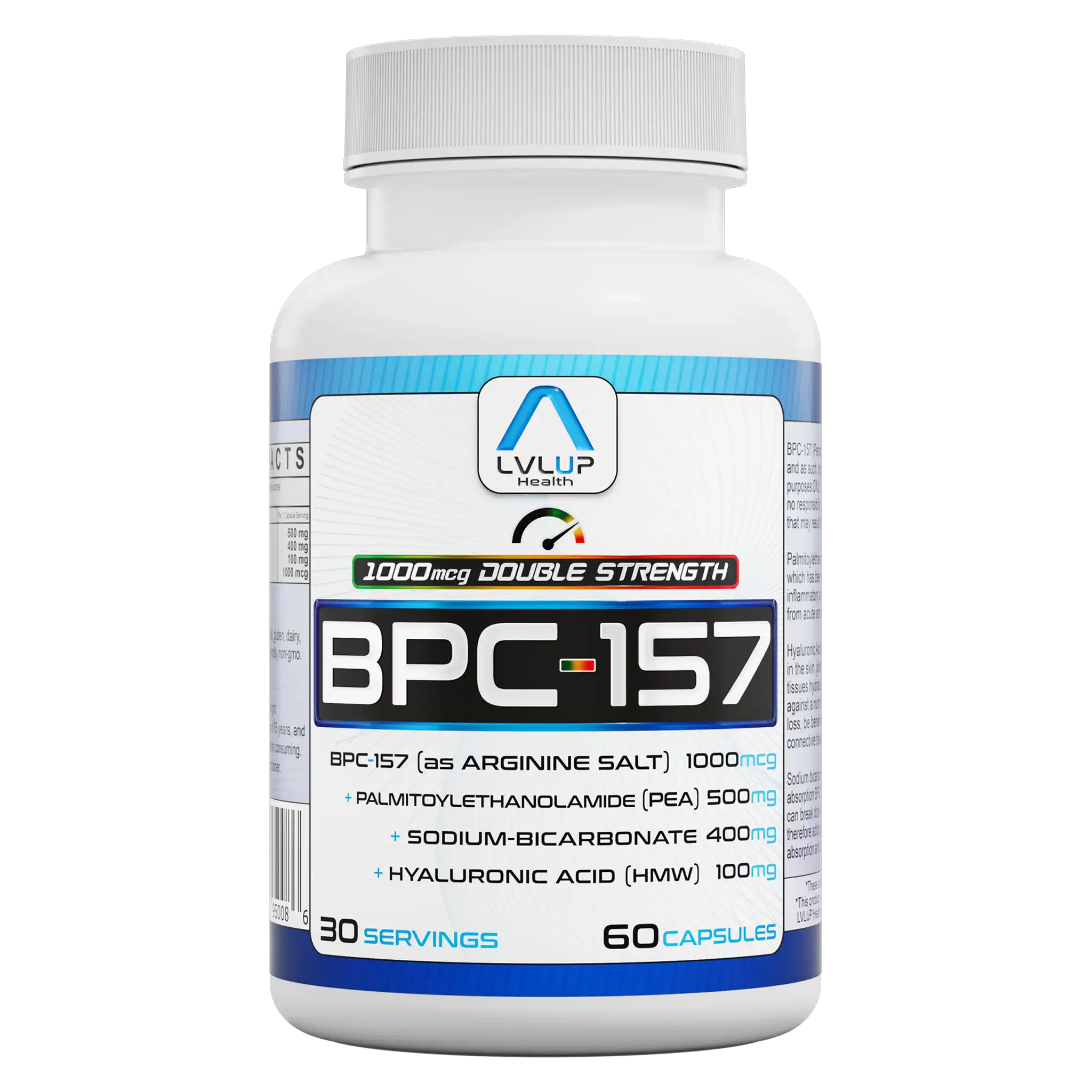Fermented L-Tyrosine
About Fermented L-Tyrosine
A Plant-Friendly Amino Acid
Fermented L-Tyrosine stands out as a clean, plant-friendly source of L-Tyrosine, an amino acid your body makes and uses every day. This form gets its name from the production process, which harnesses bacteria or yeast to convert simple nutrients into pure tyrosine. It’s prevalent in supplements targeting cognition, attention, and balanced mood.
Neurotransmitter Production
L-Tyrosine is essential for producing neurotransmitters like dopamine and norepinephrine, which influence alertness, memory, and emotional resilience. It often appears in products for students during exams, busy professionals facing deadlines, or athletes needing mental stamina. Some thyroid support formulas include it, since tyrosine is a building block for thyroid hormones.
Benefits of Fermentation
The fermentation process skips animal sources entirely, which is a plus for vegans and those avoiding common allergens. This method often results in a product with higher purity that’s easily absorbed by your body. If you’re interested in sustainable production methods or want ingredients with fewer unknowns, the fermented form checks both boxes.
Product Applications
Fermented L-Tyrosine appears in capsules, powders, and blends focused on brain health and performance, sometimes paired with adaptogens like ashwagandha or nootropics such as phosphatidylserine. It’s used during times of increased cognitive demand or stress, especially in products labeled as “focus,” “clarity,” “mood,” or “stress” support formulas.
Detailed Information
Chemical and Biological Role
L-Tyrosine (4-hydroxyphenylalanine) is an aromatic amino acid synthesized endogenously from phenylalanine via the enzyme phenylalanine hydroxylase. It serves as a direct precursor in catecholamine biosynthesis through conversion first to L-DOPA (by tyrosine hydroxylase), then dopamine (by aromatic L-amino acid decarboxylase), followed by norepinephrine (via dopamine β-hydroxylase), and finally epinephrine (via phenylethanolamine N-methyltransferase). The rate-limiting enzyme in this pathway is tyrosine hydroxylase; substrate availability may become limiting under acute physical or psychological stress conditions when catecholamine demand accelerates.
Fermentation-Derived Benefits
Fermentation-derived L-Tyrosine is chemically identical to its naturally occurring counterpart but offers enhanced purity due to controlled biosynthetic conditions free from animal proteins or potential contaminants. In neuroendocrinology research, supplemental tyrosine demonstrates acute effects on neurotransmitter synthesis, particularly under catecholamine-depleting circumstances such as cold exposure or sleep deprivation. It is also utilized as a substrate in thyroxine (T4) and triiodothyronine (T3) synthesis within thyroid follicular cells, mediated by thyroperoxidase-driven iodination processes.
Pharmacokinetics and Purity
Pharmacokinetically, orally administered L-Tyrosine exhibits dose-dependent plasma increases peaking around 1-2 hours post-ingestion, with absorption potentially competitive with other large neutral amino acids at the blood-brain barrier via LAT1 transporter systems. The use of fermentation ensures consistent enantiomeric purity (L-form), which is bioactive compared to the poorly metabolized D-tyrosine isoform. Purity parameters may be governed by USP monographs where applicable in finished dietary supplement products.




